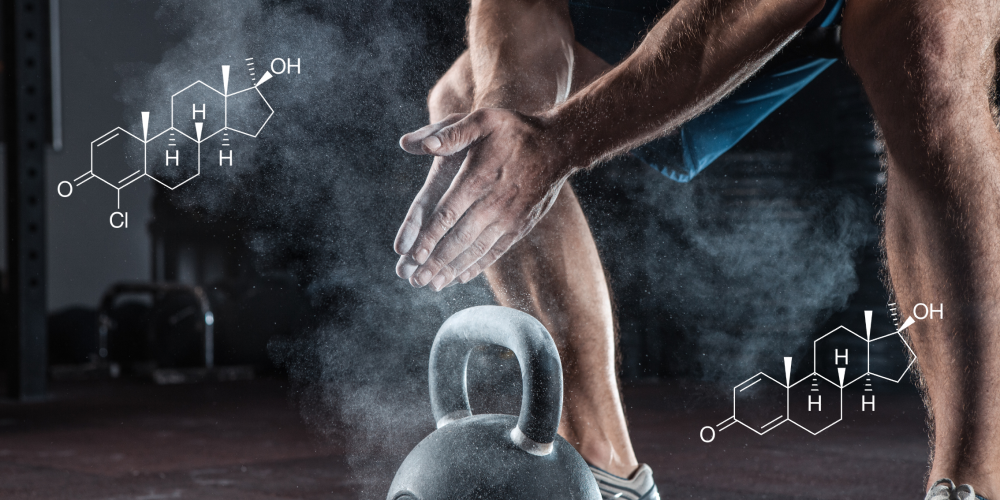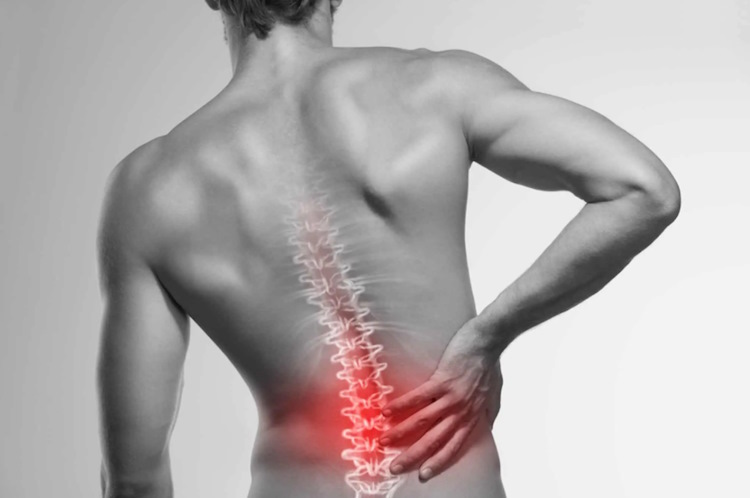Thyroid Basics: What you should know about this gland
The thyroid gland, a small butterfly-shaped organ located at the base of our necks, plays a crucial role in regulating our body’s metabolism, energy levels, and overall performance. For bodybuilders, maintaining optimal thyroid health and manipulating thyroid function is essential, as it directly influences muscle growth, fat loss, and workout efficiency. In this article, we’ll look into the symptoms, diagnosis, and treatment of thyroid issues, with a particular focus on their impact on bodybuilding and overall athletic performance.
The thyroid produces hormones, mainly thyroxine (T4) and triiodothyronine (T3), which regulate the metabolic rate, energy production, and protein synthesis. These functions are vital for bodybuilders because they affect muscle growth, recovery, and fat metabolism. A well-functioning thyroid ensures that your body efficiently converts calories (particularly from carbohydrates) into energy, promotes muscle repair, and supports overall stamina and endurance.
Thyroid dysfunction can manifest in two primary forms: hypothyroidism (underactive thyroid) and hyperthyroidism (overactive thyroid). Both conditions can impact bodybuilding efforts considerably:
Hypothyroidism Symptoms
Fatigue
Constant tiredness can lower workout performance and recovery.
Weight gain
Slowed metabolism can lead to fat accumulation.
Muscle weakness
Reduced energy levels can result in decreased strength and endurance both in the day-to-day routine and in the gym.
Cold intolerance
Feeling unusually cold can affect workout comfort and performance.
Depression
Mood swings and depression can demotivate you from maintaining a consistent training and eating routine.
Hyperthyroidism Symptoms
Weight loss
Accelerated metabolism can cause muscle loss and difficulty in gaining muscle mass.
Increased heart rate
Elevated heart rate can lead to cardiovascular stress during intense workouts.
Muscle weakness
Rapid muscle fatigue can reduce workout intensity and effectiveness.
Heat intolerance
Overheating can make workouts uncomfortable and less productive.
Anxiety
Increased anxiety levels can affect focus and mental well-being during training.
If you suspect thyroid dysfunction, it’s always a good idea to seek medical advice. Diagnosis typically involves the following steps:
Diagnosis
Medical history and physical exam
Your doctor will review your symptoms and medical history and perform a physical examination.
Blood tests
These tests measure levels of thyroid-stimulating hormone (TSH), T4, and T3 to determine thyroid function. Elevated TSH and low T4 indicate hypothyroidism, while low TSH and high T4 suggest hyperthyroidism.
Imaging tests
Ultrasound or radioactive iodine uptake tests may be used to assess thyroid gland structure and function.
Thyroid antibody tests
These tests detect autoimmune conditions like Hashimoto’s thyroiditis or Graves’ disease, which can cause thyroid dysfunction.
Treatment for thyroid dysfunction aims to restore normal thyroid function and alleviate symptoms. The approach varies based on whether you have hypothyroidism or hyperthyroidism.
Hypothyroidism Treatment
Hormone replacement therapy
The primary treatment involves daily use of synthetic thyroid hormone (usually levothyroxine, T4) to normalize hormone levels.
Diet and supplements
Consuming a balanced diet rich in iodine, selenium, and zinc can support thyroid health. However, excessive iodine should be avoided as it can exacerbate thyroid issues.
Regular monitoring
Regular blood tests are necessary to ensure optimal hormone levels and adjust medication as needed.
Hyperthyroidism Treatment
Antithyroid medications
Medications like methimazole or propylthiouracil can reduce thyroid hormone production.
Radioactive iodine therapy
This treatment involves ingesting radioactive iodine to shrink the thyroid gland and reduce hormone production.
Beta-blockers
These medications can manage symptoms like rapid heart rate and anxiety.
Surgery
In severe cases, partial or total thyroidectomy (removal of the thyroid gland) may be required.
Bodybuilders usually take some steps to support thyroid health and enhance performance:
Support your thyroid
Balanced diet
Ensure your diet includes adequate amounts of thyroid-supporting nutrients like iodine (found in seafood and dairy), selenium (found in Brazil nuts and eggs), and zinc (found in meat and legumes).
Hormonal manipulation
In order to increase performance, many bodybuilders take exogenous thyroid hormones (T3 and/or T4) to try and boost their metabolism, holding muscle and losing body fat.
Regular exercise
Consistent, moderate exercise can help regulate metabolism and support overall thyroid function.
Stress management
Chronic stress can negatively impact thyroid function. Incorporate stress-reducing practices like meditation, yoga, and adequate sleep into your routine.
Avoid overtraining
Excessive training without adequate recovery can strain the thyroid. Balance intense workouts with proper rest and recovery periods.
Monitor symptoms
Pay attention to any changes in energy levels, weight, or mood. Early detection of thyroid issues can prevent more severe problems and maintain peak performance.
Thyroid health is a critical component of overall well-being and athletic performance. For bodybuilders, maintaining optimal thyroid function is essential for achieving fitness goals, enhancing muscle growth and keeping a low body fat, and maximizing energy levels. By understanding the symptoms, seeking proper diagnosis, and following appropriate treatment, you can ensure that your thyroid remains a healthy, powerful ally in your bodybuilding journey. Consulting with specialized healthcare professionals for medical advice and treatment options to match your specific needs should you need it is very important to keep your thyroid properly functioning.









